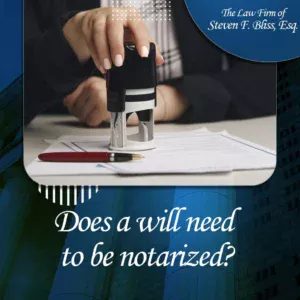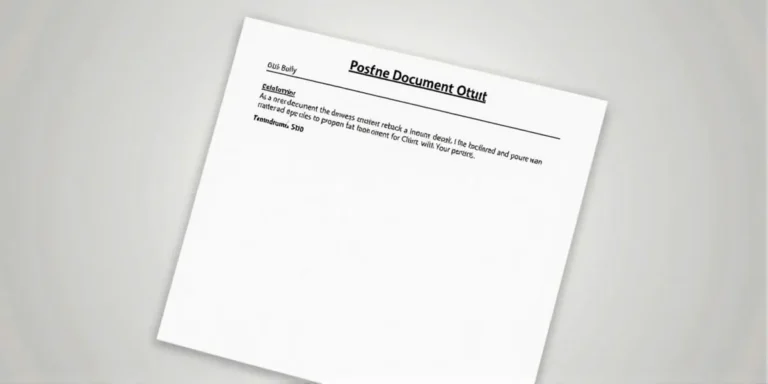 In California, many people assume that a will must be notarized to be legally valid. However, state law does not require notarization for a will to be enforceable. Instead, a will must meet specific requirements under the California Probate Code, which include being in writing, signed by the testator, and witnessed by at least two competent adults. These witnesses must observe the testator signing or acknowledging the will and confirm that the individual appears to be of sound mind and not under undue influence.
In California, many people assume that a will must be notarized to be legally valid. However, state law does not require notarization for a will to be enforceable. Instead, a will must meet specific requirements under the California Probate Code, which include being in writing, signed by the testator, and witnessed by at least two competent adults. These witnesses must observe the testator signing or acknowledging the will and confirm that the individual appears to be of sound mind and not under undue influence.
Although notarization is not mandatory, there are circumstances where it can provide additional benefits. California law allows a will to be made “self-proving” through a notarized affidavit signed by the witnesses. This affidavit helps streamline probate because the court does not need to contact the witnesses to verify the authenticity of the will. By making a will self-proving, the probate process becomes faster and less burdensome for surviving family members.
Another important point is the distinction between wills and trusts in California. Unlike a will, a living trust often requires notarization of the trust document and the transfer of property titles into the trust. Notarization in this context ensures that deeds and financial accounts are properly aligned with the trust, avoiding later disputes. Understanding this distinction helps Californians avoid confusion between estate planning documents that do and do not require notarization.
| Requirement | California Will | California Trust |
|---|---|---|
| Signature of Creator | ✓ Required | ✓ Required |
| Two Witnesses | ✓ Required | ✗ Not Required |
| Notarization | ✗ Not Required (Optional for self-proving) | ✓ Required for property transfers |
| Avoids Probate | ✗ No | ✓ Yes |
For practical purposes, Californians should consider having witnesses sign a notarized self-proving affidavit with their will. This small step can prevent complications later and reduce the burden on heirs. It is also wise to review estate documents every few years and after major life events to ensure they reflect current wishes and comply with updated laws. Keeping both wills and trusts properly executed and, where useful, notarized ensures smoother administration and stronger legal protection.
In conclusion, a will does not need to be notarized in California to be valid. What matters most are proper signatures and witness requirements. However, notarization can add efficiency by making the will self-proving, and it is essential for certain estate planning documents like trusts. By understanding these nuances and taking extra steps, Californians can create stronger estate plans and provide clarity and security for their families.






